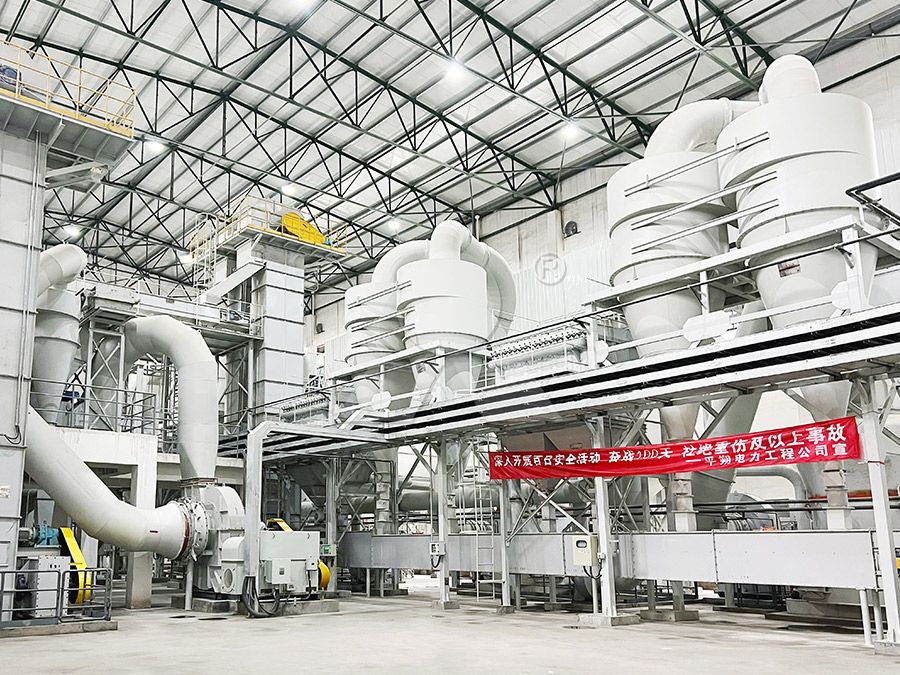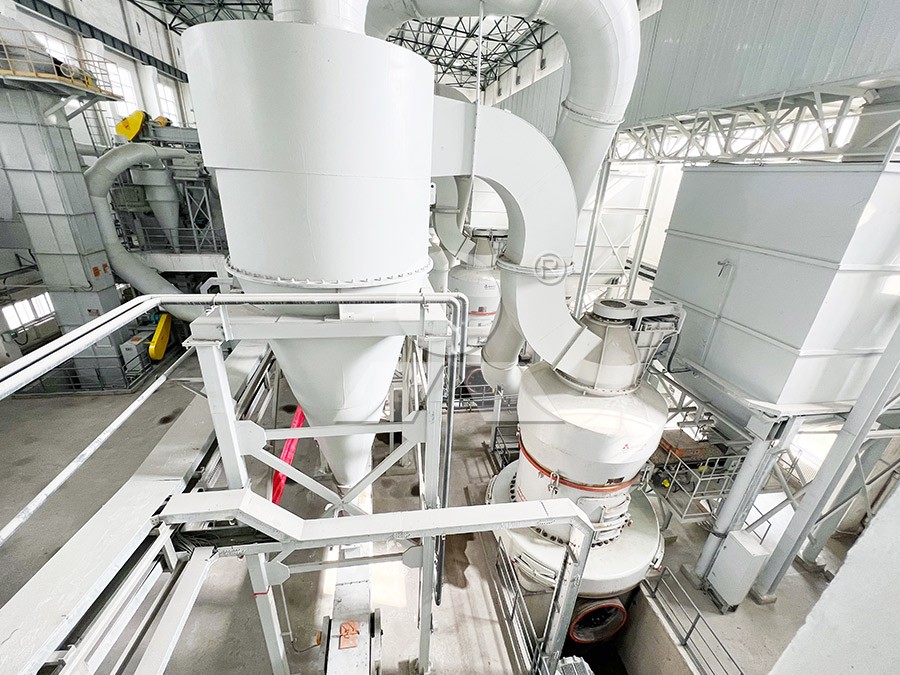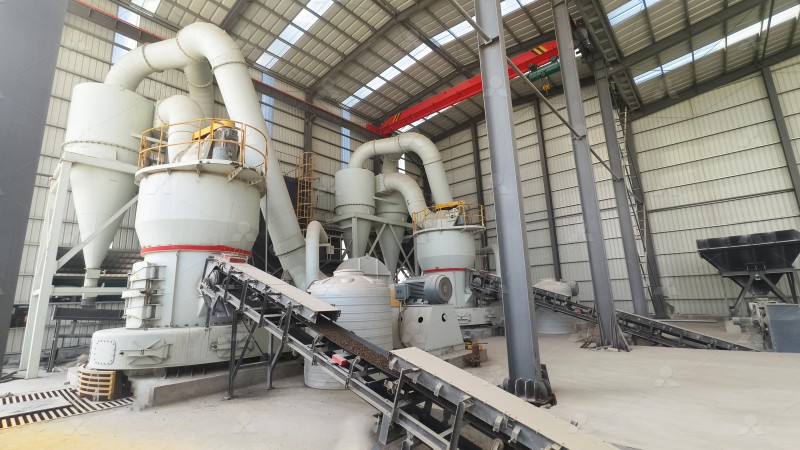HGM Medium Speed Grinding Mill for Epidote Processing
We provide a wide range of mills — including Raymond mill, trapezoidal mill, vertical mill, ultrafine mill, and ball mill, obtained ISO9001 international quality certification, EU CE certification, and Customs Union CU-TR certification. Suitable for processing minerals such as limestone, phosphate, quicklime, kaolin, talc, barite, bentonite, calcium carbonate, dolomite, coal, gypsum, clay, carbon black, slag, cement raw materials, cement clinker, and more.
The discharge range of these mills can be adjusted to meet specific processing needs, typically from 80-400 mesh, 600-3250 mesh, and can achieve the finest particle size of up to 6000 mesh(D50).
If you are looking for a reliable grinding solution to turn stone or minerals into fine powder, please feel free to contact our online customer service.
Unlocking Epidote’s Potential with Advanced Grinding Technology
Epidote, a complex calcium aluminum iron sorosilicate mineral, presents unique challenges in mineral processing operations. Its variable hardness, tendency toward fibrous formations, and specific industrial requirements demand precision grinding equipment capable of delivering consistent particle size distribution while maintaining operational efficiency. The HGM Medium Speed Grinding Mill has emerged as the preferred solution for processors seeking to optimize their epidote production lines.

Technical Advantages for Epidote Applications
The HGM series incorporates several proprietary technologies specifically beneficial for epidote processing. The medium-speed operation principle creates an optimal balance between impact and grinding forces, preventing over-crushing of epidote’s crystalline structure while ensuring thorough liberation of valuable components. The grinding chamber design features specialized wear-resistant materials that withstand epidote’s abrasive nature, significantly extending maintenance intervals compared to conventional mills.
One of the critical considerations in epidote processing is iron contamination control. The HGM mill’s non-contact grinding principle minimizes iron introduction during processing, preserving the mineral’s natural properties. This is particularly important for applications where epidote’s color properties or chemical composition must remain unaltered.
Enhanced Classification for Superior Product Quality
The integrated turbo air classification system represents a significant advancement for epidote processing. Unlike traditional separation methods, this system allows real-time adjustment of particle size distribution without stopping production. Processors can seamlessly switch between different product specifications – from coarse aggregates for construction applications to fine powders for industrial uses – with minimal downtime.
For operations requiring even finer specifications, our MW Ultrafine Grinding Mill offers exceptional capabilities. With an input size of 0-20 mm and capacity ranging from 0.5-25 tph, this machine produces ultra-fine powder while incorporating efficient pulse dust collection and noise reduction features. The MW series achieves adjustable fineness between 325-2500 meshes with screening rates reaching d97≤5μm in a single pass, making it ideal for high-value epidote applications.

Operational Efficiency and Environmental Compliance
Modern mineral processing operations face increasing pressure to reduce environmental impact while maintaining profitability. The HGM Medium Speed Grinding Mill addresses both concerns through innovative design features. The pulse-jet dust collection system ensures particulate emissions remain well below regulatory thresholds, while the sound-dampening enclosure reduces operational noise to workplace-safe levels.
Energy consumption represents another area where the HGM series demonstrates superiority. Comparative studies show 30-40% reduction in power requirements compared to traditional ball mills of similar capacity. This efficiency gain becomes increasingly significant as energy costs continue to rise globally.
Application-Specific Configurations
Epidote processing varies significantly depending on end-use applications. For construction aggregates, the HGM mill can be configured for higher throughput with broader particle distribution. For pigment and industrial applications where color consistency and chemical purity are paramount, the system can be optimized for tighter size control and minimal contamination.
When even greater precision is required, we recommend considering our LUM Ultrafine Vertical Grinding Mill. With input size of 0-10 mm and capacity of 5-18 tph, this mill integrates German powder separating technology with advanced Taiwanese roller technology. The LUM’s unique roller shell and lining plate grinding curve generates material layers more effectively, achieving higher finished product rates through single-pass milling while enhancing whiteness and cleanliness – critical factors for premium epidote products.

Frequently Asked Questions
What makes the HGM Medium Speed Grinding Mill particularly suitable for epidote processing?
The HGM mill’s balanced grinding force prevents destruction of epidote’s crystal structure while ensuring efficient liberation. Its wear-resistant components withstand the mineral’s abrasive nature, and the precise classification system allows tight control over particle size distribution critical for various epidote applications.
How does the HGM mill compare to traditional Raymond mills for epidote processing?
While Raymond mills serve as reliable workhorses, the HGM series offers significantly better energy efficiency (30-40% reduction), superior particle shape control, and lower maintenance requirements. The medium-speed operation specifically benefits epidote by reducing over-grinding of softer mineral components.
Can the HGM mill handle variations in epidote hardness and composition?
Yes, the hydraulic adjustment system allows operators to modify grinding pressure in response to feed material variations. This ensures consistent product quality even when processing epidote from different geological formations with varying hardness and composition.
What particle size ranges can be achieved when processing epidote?
The standard HGM configuration produces powders ranging from 80-800 mesh, with optional modifications extending this range. For ultra-fine applications below 800 mesh, we recommend our MW Ultrafine Grinding Mill, which achieves fineness up to 2500 meshes.
How does the HGM mill address the abrasive nature of epidote?
Critical wear components utilize specialized alloys developed specifically for abrasive minerals. The grinding roller and ring feature enhanced hardness and impact resistance, typically lasting 2-3 times longer than standard components when processing epidote.
